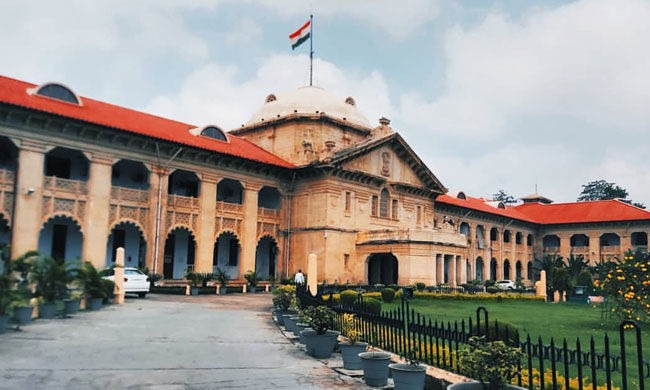
Prayagraj, May 24 (HS). Hearing on civil cases filed in the Allahabad High Court regarding the Mathura Krishna Janmabhoomi-Shahi Idgah Mosque dispute is going on. The next hearing will be on May 27.
On Friday, the Hindu side argued that deities are eternal minors, so the provisions of Order 32 of the CPC (which deals with the procedure for filing a suit against a minor) will apply in this case as well. It was said that a civil suit has been filed by Lord Shri Krishna Virajman Katra Keshav Dev through a friend, demanding the removal of illegal occupation of the mosque from his land and handing it back. This case is legal.
It was said that the admissibility of the cases can be decided after deciding the issues and taking evidence from the parties. For evidence, it is necessary to conduct a survey to find out the religious nature of the disputed site. Justice Mayank Kumar Jain is hearing the civil cases. Due to lack of time, the hearing of the case was postponed till Monday.
It was said that the Places of Worship Act 1991 will be applicable only in the case of undisputed structures. It will not be applicable in the case of disputed structures. In this case, the religious character of the disputed site is yet to be decided and it has to be decided only through evidence. In such a situation, there cannot be a ban on filing a case on illegal construction in the temple. All this will be decided in the case itself after considering the merits and demerits.
The mosque side said that the case is barred by the Limitation Act. A settlement was reached between the two parties in the court on 12 October 1968. Under that settlement, the disputed site was given to the Intezamia Committee of Shahi Idgah. This settlement has been confirmed in a civil suit decided in 1974.
The suit seeks restoration of the temple with possession after demolition of the Shahi Idgah structure and permanent injunction. The reliefs sought in the suit show that the structure of Idgah is there and the Intezamia Committee has possession over it and it is a Waqf property.
In such a case, the provisions of the Wakf Act will be applicable and the Wakf Tribunal has the right to hear such a case, not the civil court. Therefore, the civil suits should be dismissed.
 look news india
look news india